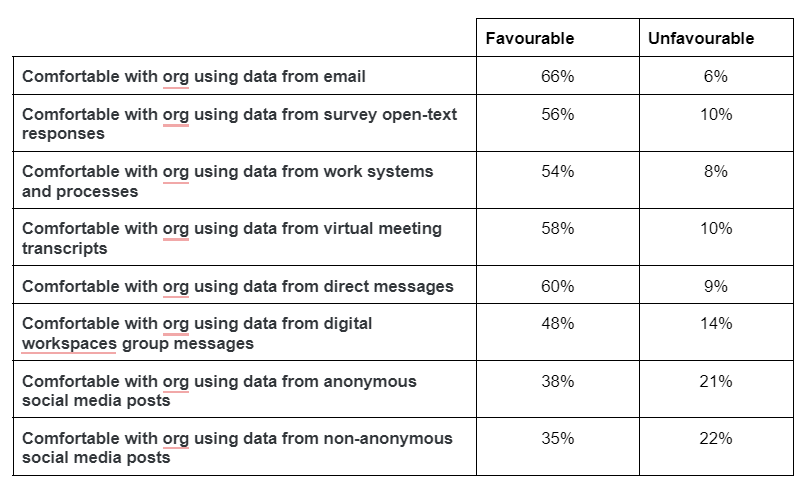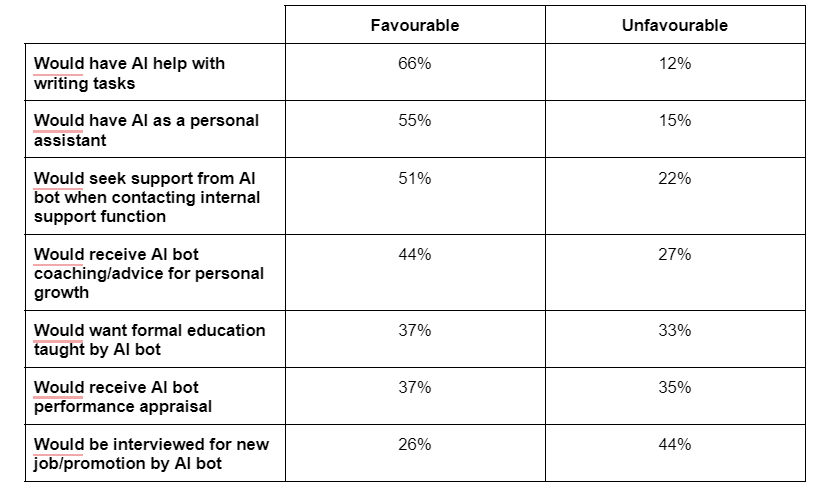KUALA LUMPUR | As workers continue to experience evolving hybrid work arrangements against a backdrop of economic uncertainty, Qualtrics’ 2024 Employee Experience Trends Report has revealed the indicators of an optimal employee experience in Malaysia have fallen over the last 12 months.
Based on responses from nearly 37,000 employees globally, including more than 500 from Malaysia, all leading employee experience indicators have declined from 2023. These include employee engagement (76% vs 82%), experience exceeding employee expectations (47% vs 58%), intent to stay (76% vs 82%), inclusion (82% vs 87%), and well-being (75% vs 84%).
This trend is reflected across Southeast Asia, highlighting the need for organizations to re-focus towards people-centricity.
“As economies focus on improving productivity, employee experience is one of the most important levers to prioritize. There is a well-established connection between employee engagement and organizational performance – from innovation and profitability, through to better customer service and employee health outcomes. Organizations that maintain their people-centric focus, and effectively enable their teams to do great work, will be the standout performers in years to come,” said Dr. Cecelia Herbert, Principal XM Catalyst, Qualtrics XM Institute.
Some days in the office is better than none – unless it’s five days
As the debate continues over how many days employees should spend in the office, the Qualtrics research shows that Malaysian employees prefer spending two to four days in office as compared to working fully remote or fully in office. Employees in hybrid working arrangements have the highest levels of engagement (76%) and feelings of inclusion (73%) and intent to stay three years or longer (62%). However, those in fully remote arrangements reported highest levels of well-being (75%) and felt the experience exceeded their expectations (39%).
Employees are open to AI assistance, but not to evaluate them
AI accessibility has proliferated significantly this year with applications such as ChatGPT and Midjourney gaining widespread attention. The volume of workers in Malaysia open to embracing AI in the workplace is slightly higher than the global average, with 45% of respondents saying they are open to having AI help them at work (compared to 42% globally).
Workers are more comfortable with AI in the workplace when they have a sense of control over it – such as for writing tasks (66% of employees would use AI for this), as a personal assistant (55% of employees), and contacting support functions (51%). They are less in favor of receiving education from an AI Bot (37%) or having their performance appraised by AI (26%).
Frontline employees are unhappy, poorly supported compared to office workers
Frontline workers, like cashiers, restaurant servers, and retail workers are critical to business results, and often the most important driver of a great customer experience. However, compared to all back-office workers, they don’t feel their basic pay and benefits needs are being met, they lack support to effectively do their job, but don’t feel they can propose changes to the way things are done.
The new job first-year honeymoon phase has vanished
Historically, employees were more engaged for at least their first year in a new role. However, new hires in Malaysia with less than six months tenure now have lower levels of engagement (68%), intent to stay (35%), well-being (59%), and inclusion (56%) compared with more tenured employees.
The data reveals how important the first several months of a new job are to building committed and loyal employees–yet only 41% of HR leaders prioritise onboarding new employees to fully integrate them into the company. With many of these new employees excluded from annual engagement surveys, organizations may be missing critical information for retaining their newest hires.
Employees are comfortable with employers using work emails and chats for improved employee experience, but more ambivalent about social media posts being used
Today’s employees are comfortable with their employer listening passively to work emails, work processes like interview notes, virtual meeting transcripts, and chat messages to improve their experience. In fact, 66% of workers are comfortable with their organisation using email data to better understand and improve their experience at work. They are less comfortable with companies perusing social media posts, whether anonymous or not – 35% of employees are comfortable with social media being used.
This change comes as recent advances in feedback technology give organisations new ways to find out how employees are doing beyond engagement surveys. Unlike directly solicited feedback, “passive listening” does not require extra effort from employees but still provides critical insights.
Read the full 2024 Employee Experience Trends Report here.











